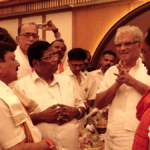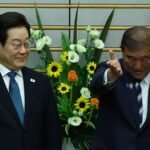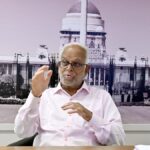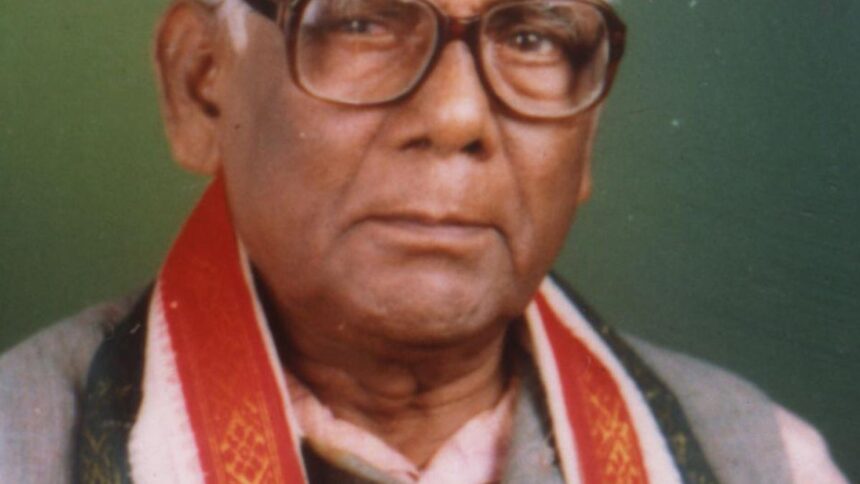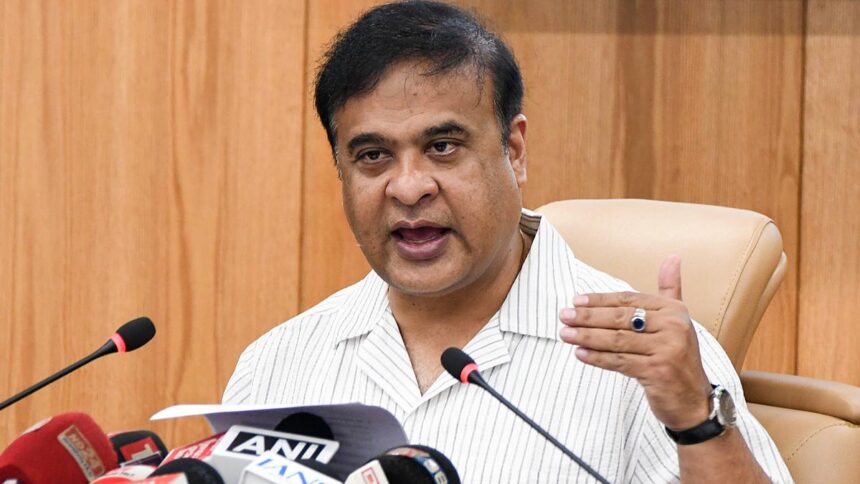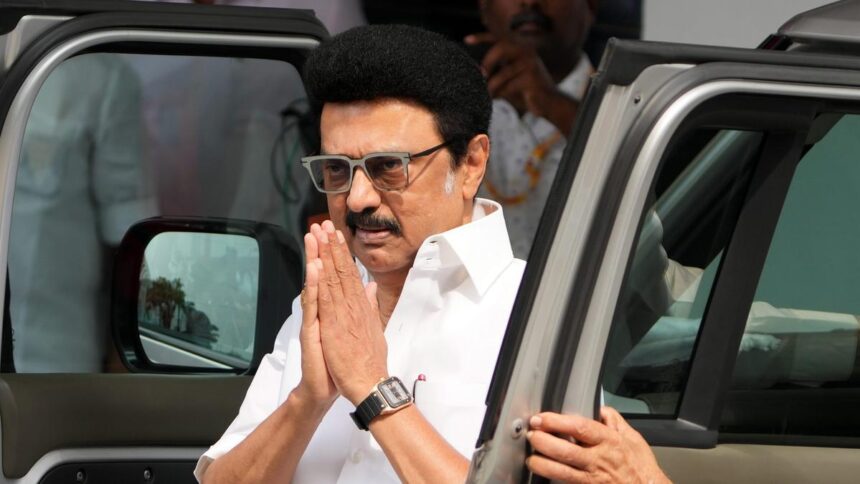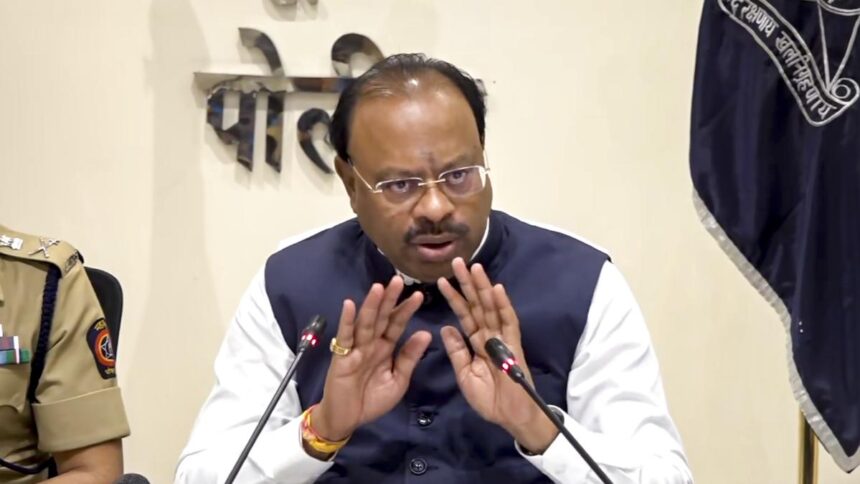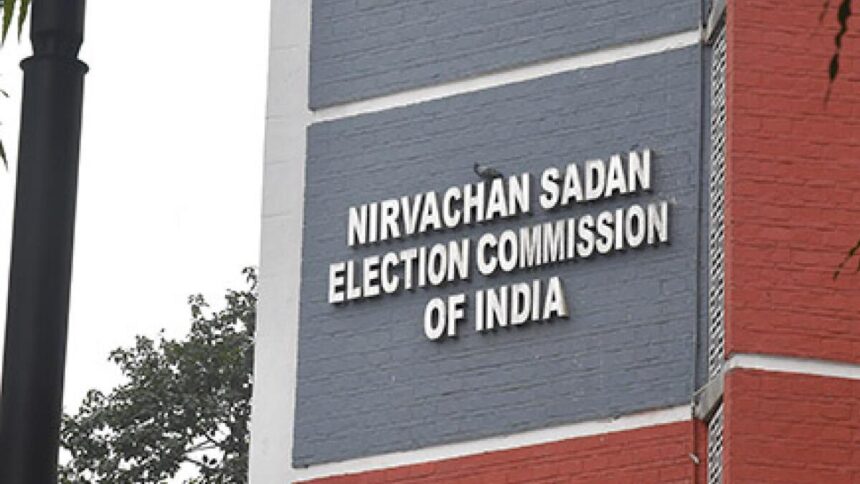
Chief Minister M.K. Stalin with Justice Kurian Joseph, former judge, Supreme Court of India and Chairman, High-Level Committee on Union-State Relarions, and Justice Jasti Chelameswar, former judge, Supreme Court of India, at the inaugural function of National Seminar on Union-State Relations at Kalaivanar Arangam, in Chennai on Saturday
| Photo Credit: R. Ravindran
Tamil Nadu contributes significantly to the Union tax revenue through direct taxes and the Goods and Services Tax. Yet, when it comes to financial devolution, the Union government does not provide the State its due share and acts with “narrow political motives,” said Chief Minister M.K. Stalin on Saturday (August 23, 2025).
Speaking at the inauguration of the National Seminar on Union-State Relations in Chennai, Mr. Stalin recalled former Chief Minister C.N. Annadurai’s demand in 1967 for a review of the Constitution to secure States’ rights and former Chief Minister M. Karunanidhi’s initiative in setting up the Justice Rajamannar Committee in 1969 to examine Union-State relations.
He said that even though the Sarkaria Commission, formed by the Union government in 1983, highlighted the dangers of excessive centralisation, it failed to recommend meaningful constitutional amendments to empower the States. “Since then, successive amendments and legislations have only vested more powers with the Union,” Mr. Stalin said.
“In 2007, at the insistence of the DMK, the UPA government formed the Punchhi Commission. Its key recommendation was that Governors should be appointed in consultation with the respective Chief Ministers, in a non-partisan manner. Yet this was never implemented, as is evident from the actions of the present Tamil Nadu Governor,” he said.
Through numerous legislative and administrative interferences, the Union government continues to trouble Opposition-ruled States. It also undermines the independence of Finance Commissions and denies States their rightful share of revenue, the Chief Minister alleged.
Language policy
Mr. Stalin also said that the Union government is pushing Hindi, and Tamil Nadu has successfully resisted such attempts, ensuring that the two-language policy remains intact. Today, resistance to Hindi imposition and demands for State rights are being echoed by other States such as Karnataka, West Bengal, and Maharashtra.
He said that only through the strength of self-reliant States can a united India grow stronger. “All those who truly care about national unity should lend their voices to the cause of State autonomy. Like Tamil Nadu, other States should also constitute similar committees to take forward the demand for rights and federalism,” he added.
Comparing the federal arrangements in India and the U.S., Justice Jasti Chelameswar, former Judge of the Supreme Court, said the American federation came into existence through a bargain between 13 independent States, whereas in India, there was no such bargain. He spoke extensively on various aspects of federalism and urged Mr. Stalin to engage with his counterparts from other States with respect to Union-State relations to make it a truly federal effort.
Justice Kurian Joseph, former Judge of the Supreme Court and Chairman of the High-Level Committee on Union-State relations formed by the Tamil Nadu government, said that while many, including responsible leaders, say ‘nation first,’ it is actually ‘Constitution first.’ “It is the Constitution that has constituted the nation. Without it, India is not India,” he said.
Earlier, Mr. Stalin launched the official website of the High-Level Committee and released an online questionnaire to enable people across the country to share their views.
Members of the High-Level Committee K. Ashok Vardhan Shetty, former Vice-Chancellor of the Indian Maritime University, and M. Naganathan, former Vice-Chairman of the Tamil Nadu State Planning Commission; Chief Secretary N. Muruganandam; and Public Department Secretary Reeta Harish Thakkar were among those present.
Published – August 23, 2025 03:36 pm IST




